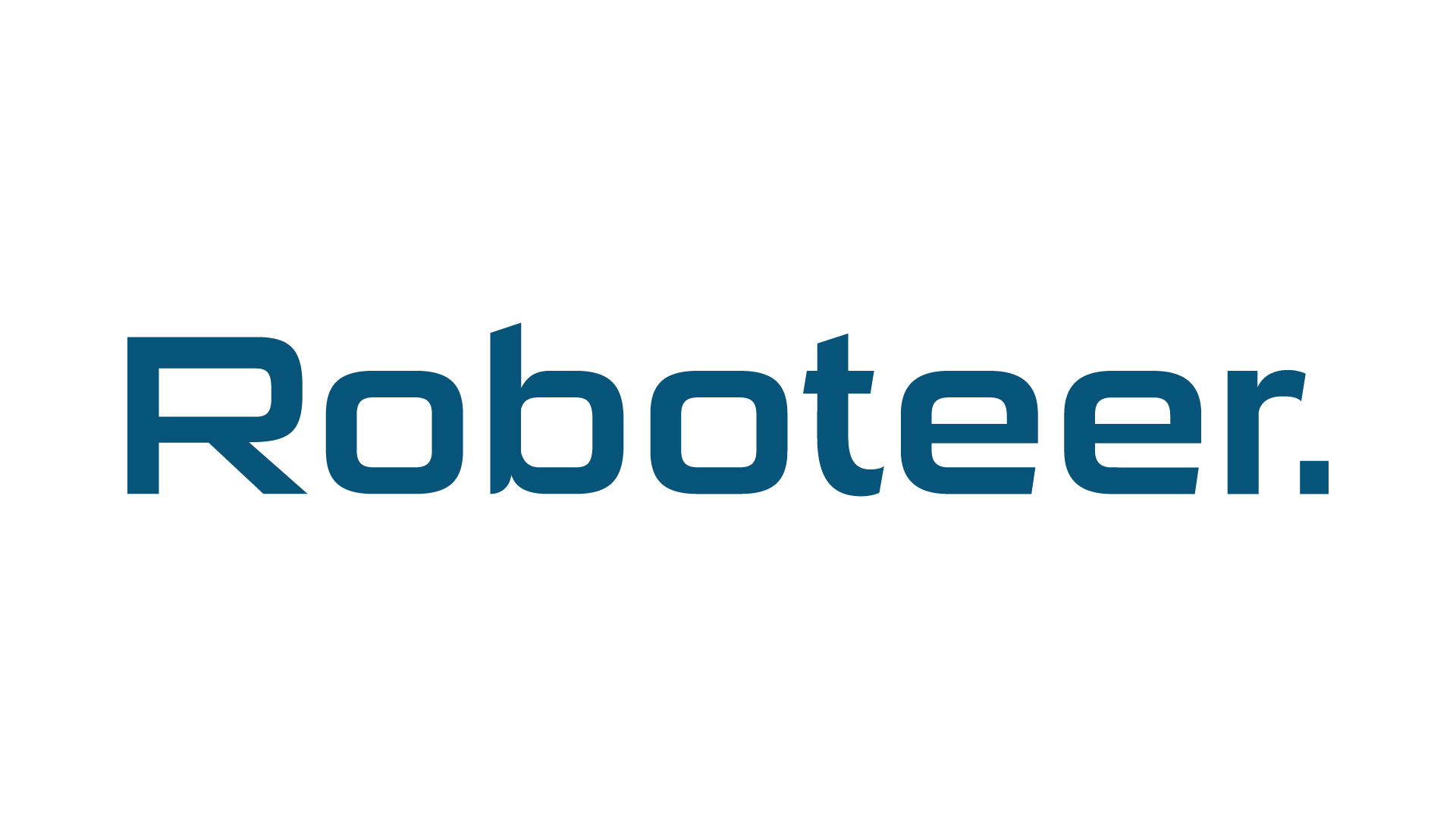Introduction
Block management plays a crucial role in the effective management
of residential and commercial properties. In this blog post, we will
explore what block management entails, the responsibilities involved,
and the relationships between key stakeholders such as block managers,
freeholders, and leaseholders.
Understanding these dynamics is
essential for property owners, residents, and professionals in the
real estate industry.
What is Block Management?
Block management refers to the management and maintenance of residential or commercial buildings with multiple units or blocks. It involves overseeing the common areas, shared facilities, and the overall upkeep of the property. Block management ensures that the property is well-maintained, complies with regulations, and provides a safe and pleasant living or working environment for occupants.
Key Responsibilities of Block Managers
Block managers, also known as property or estate managers, are responsible
for a range of tasks to ensure the smooth operation of the managed property.
These responsibilities may include:
Financial management
Block managers handle financial matters such as collecting service charges and ground rents, managing budgets, paying bills, and financial reporting. They ensure that the property's finances are transparent and properly managed.
Maintenance and Repairs
Maintaining the property's common areas, including gardens, hallways, lifts, and communal facilities, is a crucial responsibility. Block managers coordinate regular maintenance, inspections, and necessary repairs to ensure the property remains in good condition.
Health and Safety Compliance
Block managers ensure compliance with health and safety regulations, such as fire safety measures, risk assessments, and adequate insurance coverage. They work closely with contractors and service providers to address any potential hazards and maintain a safe environment.
Administrative Duties
Administrative tasks include managing leases, handling correspondence, maintaining records, and facilitating communication between leaseholders, freeholders, and other stakeholders. Block managers act as a central point of contact for queries, disputes, and requests.
The Relationship Between Block Manager, Freeholder, and Leaseholders
Understanding the relationships between the key stakeholders is essential to grasp the dynamics of block management:
Block Manager
The block manager is appointed by the freeholder or a management company to oversee the day-to-day management of the property. They act as the intermediary between the freeholder and leaseholders, ensuring the smooth running of operations, maintenance, and financial matters.
Freeholders
The freeholder is the legal owner of the entire property, including the individual units and the common areas. They have certain legal responsibilities, such as maintaining the structure of the building and granting leases to leaseholders. The freeholder may appoint a block manager to handle the operational aspects of the property.
Leaseholder
Leaseholders are individuals or businesses who have purchased long-term leases on individual
units within the property. They have rights and responsibilities defined by the terms of their
lease agreement. Leaseholders pay service charges and ground rents to the freeholder or block
manager to cover maintenance and management costs.
The relationship between these stakeholders involves clear communication, transparency, and
collaboration to ensure effective block management. The block manager represents the
freeholder's interests while also addressing the needs and concerns of the leaseholders.
Conclusion
Block management is a vital aspect of maintaining and enhancing residential and commercial properties with multiple units. Block managers play a crucial role in overseeing financial management, maintenance, health and safety compliance, and administrative duties. The relationships between block managers, freeholders, and leaseholders are essential for successful property management. Clear communication, transparency, and collaboration foster a harmonious environment that benefits all stakeholders.
If you want to know more about how we automate processes in block management, drop us a line.
